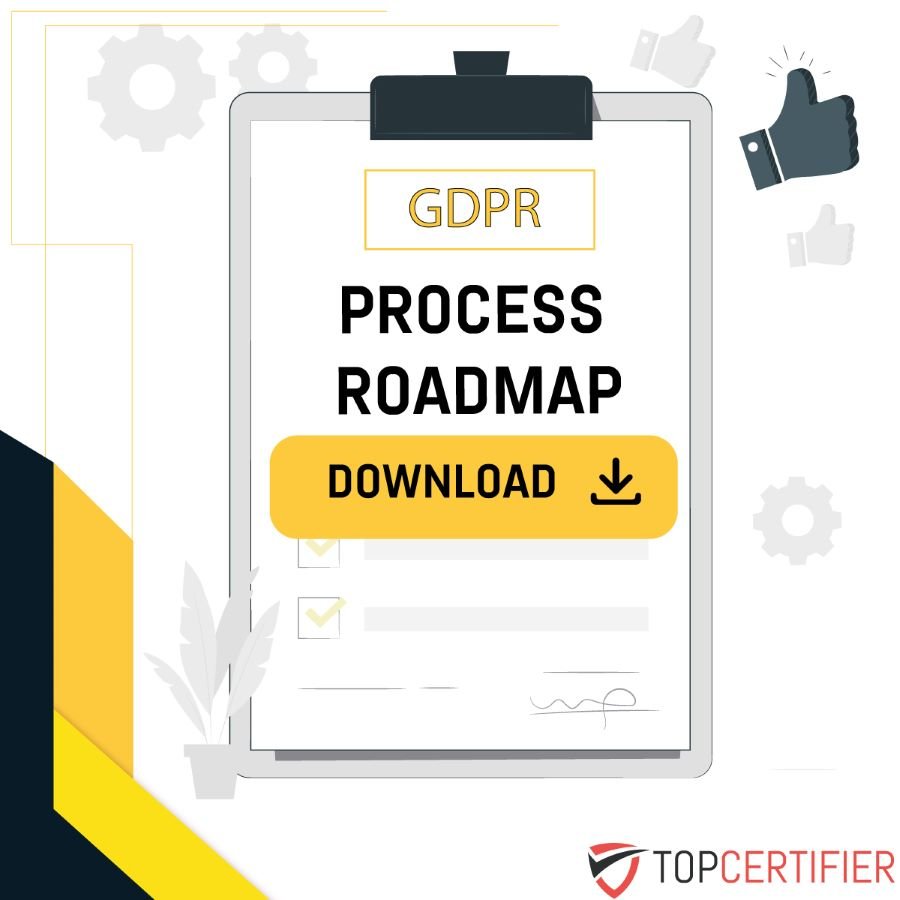How to Build a GDPR- and AI-Act-Ready CRM Consent Center (2025) whispers secrets of a world where data dances on the edge of compliance. The very air crackles with the tension of regulations, a shadowy landscape where the GDPR and the looming AI Act cast long, watchful shadows. Within this domain, we delve into the mystical arts of consent, a practice that separates the compliant from the… well, the less fortunate.
Prepare yourself, for this isn’t just about ticking boxes; it’s about navigating the labyrinth of user data with a blend of cunning and foresight.
The path ahead is shrouded in the mystery of purpose limitation and the whispers of AI models. We’ll unravel the enigma of obtaining consent, not merely for the sake of law, but to weave a tale of trust and transparency. The journey will lead us through the core of the CRM consent center, where the magic happens – obtaining, recording, and managing consent, a realm where user interfaces become gateways to the unknown, allowing users to control their digital destiny.
Building a GDPR- and AI-Act-ready CRM consent center in 2025 is crucial, especially for small businesses. The challenge lies in finding the right balance of functionality and cost-effectiveness. Luckily, understanding lightweight CRM stacks, as discussed in ” CRM for Small Business in 2025: Lightweight Stacks That Scale ,” can help you achieve this. These stacks offer scalability without sacrificing compliance, which is key for a robust consent center.
Each step is a clue, each feature a revelation, and the rewards, well, they are beyond measure.
Introduction: The Imperative of a GDPR- and AI-Act-Ready CRM Consent Center: How To Build A GDPR- And AI-Act-Ready CRM Consent Center (2025)
In the ever-evolving digital landscape, data privacy has emerged as a paramount concern, shaping the way businesses interact with their customers. The General Data Protection Regulation (GDPR) and the upcoming Artificial Intelligence Act (AI Act) are two landmark pieces of legislation that underscore this shift, placing significant obligations on organizations that collect, process, and utilize personal data. Building a robust CRM consent center that complies with both regulations is no longer optional; it is a strategic imperative for maintaining customer trust, avoiding hefty penalties, and fostering innovation responsibly.
This article delves into the critical components of a GDPR- and AI-Act-ready CRM consent center, providing a comprehensive guide for businesses seeking to navigate the complexities of data privacy compliance. We will explore the core functions, technical considerations, and best practices necessary to build a consent management system that is both effective and user-friendly, ensuring your CRM operations are compliant, ethical, and future-proof.
Elaborate on the current data privacy landscape and the increasing need for robust consent management.
The current data privacy landscape is characterized by increasing consumer awareness, stricter regulatory enforcement, and a growing emphasis on data security and transparency. Consumers are more informed than ever about their rights regarding personal data, demanding greater control over how their information is collected, used, and shared. This shift has led to a decline in the “trust-me” approach, where users passively accept data practices, and a rise in the expectation of explicit consent and granular control.
Several factors contribute to the increasing need for robust consent management:
- Increased Data Volume and Complexity: Businesses are collecting and processing vast amounts of data from various sources, making it challenging to track and manage consent effectively.
- Evolving Regulations: GDPR and the AI Act, along with other regional and industry-specific regulations, impose stringent requirements for obtaining, recording, and managing consent.
- Reputational Risks: Data breaches, misuse of data, and non-compliance with privacy regulations can severely damage a company’s reputation and erode customer trust.
- Competitive Advantage: Businesses that prioritize data privacy and build transparent consent management systems can gain a competitive edge by fostering customer loyalty and demonstrating ethical data practices.
These factors highlight the critical importance of implementing a robust consent management system as an integral part of any CRM strategy.
Discuss the implications of non-compliance with GDPR and the upcoming AI Act, including potential penalties., How to Build a GDPR- and AI-Act-Ready CRM Consent Center (2025)

Source: iso-certification-indonesia.com
Non-compliance with GDPR and the AI Act can have severe consequences for businesses, ranging from financial penalties to reputational damage and legal liabilities. The penalties are designed to be a deterrent and reflect the seriousness with which regulators view data privacy violations.
GDPR Penalties: GDPR imposes hefty fines for non-compliance, calculated as a percentage of a company’s global annual turnover. Penalties can be up to 4% of annual global turnover or €20 million, whichever is higher. The severity of the fine depends on the nature of the violation, the degree of negligence, and the cooperation of the organization with the authorities.
AI Act Implications: The AI Act, once fully implemented, will introduce a risk-based approach to regulating AI systems. The penalties for non-compliance will depend on the risk level of the AI system and the nature of the violation. The Act is expected to impose significant fines, potentially up to 6% of global annual turnover or €30 million, for serious violations, such as the deployment of prohibited AI systems or failure to comply with transparency and data governance requirements.
Beyond fines, non-compliance can lead to:
- Legal Action: Data subjects can sue organizations for breaches of their data privacy rights, leading to costly litigation and settlements.
- Reputational Damage: Data breaches and privacy violations can severely damage a company’s reputation, leading to a loss of customer trust and brand value.
- Business Disruption: Regulatory investigations and enforcement actions can disrupt business operations and divert resources away from core activities.
- Loss of Market Access: In some cases, non-compliance can result in the loss of market access, particularly in countries with strict data privacy regulations.
These potential penalties underscore the critical need for businesses to prioritize GDPR and AI Act compliance, investing in robust consent management systems and implementing comprehensive data privacy practices.
Detail the core functions and benefits of a well-designed CRM consent center.

Source: captaincompliance.com
A well-designed CRM consent center serves as the central hub for managing user consent preferences, ensuring compliance with data privacy regulations, and fostering customer trust. It provides a user-friendly interface for individuals to manage their consent choices, while also providing businesses with the tools they need to track, record, and process consent data accurately.
Building a GDPR- and AI-Act-ready CRM consent center in 2025 is crucial. But how do you personalize your approach? Think about aligning your consent strategy with account-based marketing (ABM). By leveraging ideal customer profiles, you can tailor your consent requests to specific accounts, much like the ABM strategies discussed in ABM With Your CRM in 2025: From Ideal Customer Profiles to Plays That Win , making your consent center more effective and compliant.
The core functions of a well-designed CRM consent center include:
- Consent Capture: The ability to obtain explicit consent from users for specific data processing activities, such as marketing communications, data analytics, and AI-driven features.
- Consent Recording: Securely storing consent records, including timestamps, versions, and user identification, to provide an audit trail of consent choices.
- Consent Management: Allowing users to easily view, modify, and withdraw their consent preferences, providing granular control over their data.
- Consent Enforcement: Automatically enforcing consent preferences across all CRM systems and data processing activities, ensuring that data is used only in accordance with user choices.
- Reporting and Analytics: Generating reports on consent rates, preferences, and trends to inform business decisions and demonstrate compliance.
The benefits of a well-designed CRM consent center are numerous:
- Enhanced Compliance: Ensures compliance with GDPR, the AI Act, and other data privacy regulations, minimizing the risk of penalties and legal liabilities.
- Improved Customer Trust: Demonstrates a commitment to data privacy and transparency, fostering customer loyalty and building a positive brand reputation.
- Increased Marketing Effectiveness: Enables targeted marketing campaigns based on user consent, improving engagement and conversion rates.
- Reduced Operational Costs: Automates consent management processes, reducing the manual effort required to manage consent preferences.
- Data-Driven Insights: Provides valuable insights into user preferences and behaviors, enabling businesses to make data-driven decisions and optimize their CRM strategies.